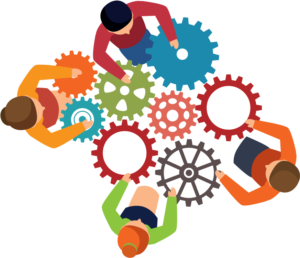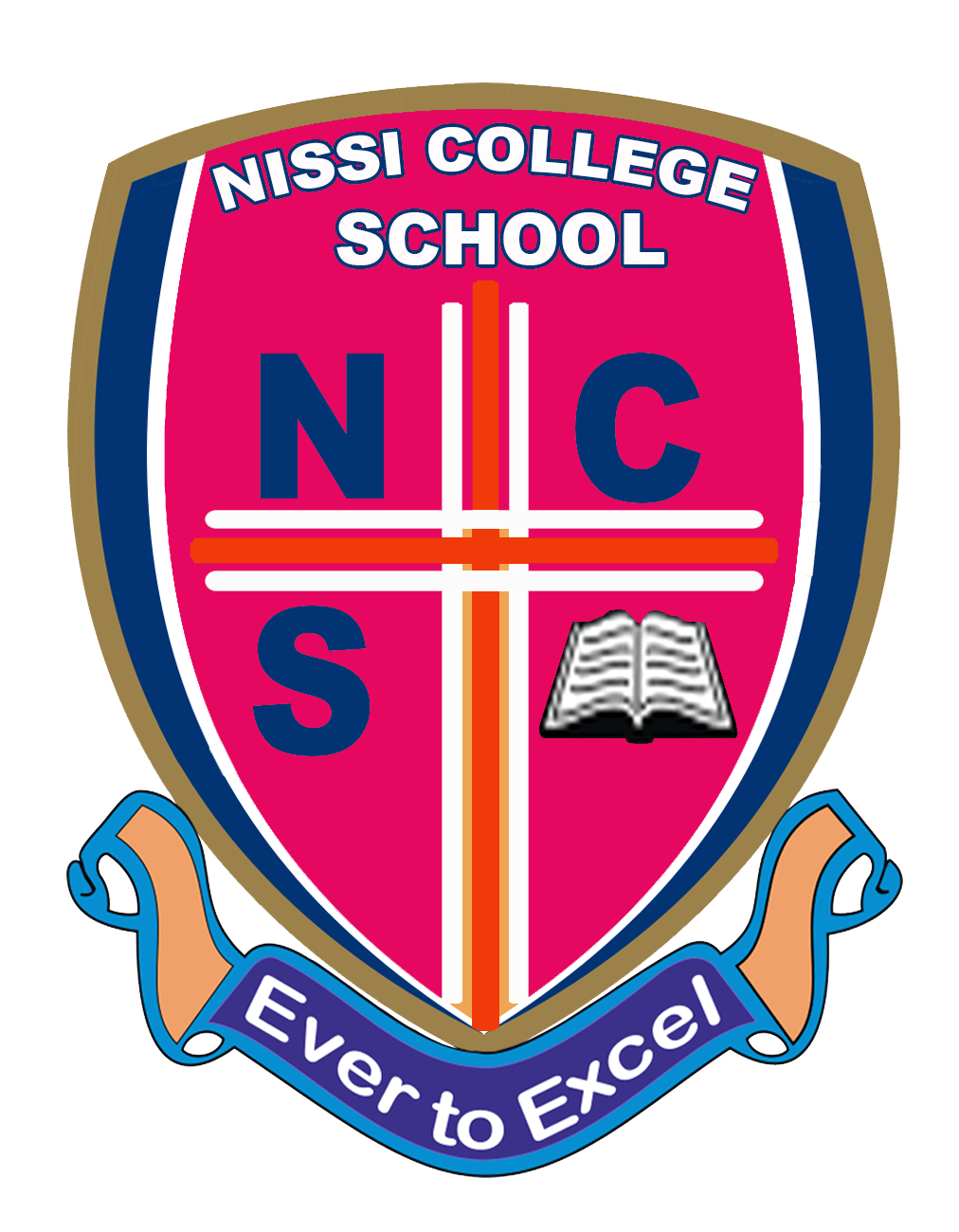 Typical School Day
Typical School Day
A normal day at Nissi College School start time would be around 5.30-6.00 a.m.
We make our beds, wash our faces and brush our teeth.
Timetable
- 5:00am: Make our beds, wash our faces and brush our teeth.
- 6:00am: Washing and dressing
- 7:30am: Arrival of day scholars
- 8:00am: School day begin with all students in uniforms in the classrooms.
Lessons taught upto 1:00pm
After the meal, a half hour’s rest, before afternoon lessons at 2:00pm. 4.00pm roll call and giving of “progress and shortcomings points”
- 4:30pm Sports activities
- 6:00pm Back to the dormitory, wash, bath, dress up and eat dinner.
- 7:30pm Evening prep/ remedial lessons
- 9:30pm Lights out. “No talking.
 Student Clubs & Societies
Student Clubs & Societies
Our co-curriculum activities program covers various academic subjects in Arts and Sciences; and takes care of students at O and A Levels. Students are periodically assessed by term exam papers. These papers are mostly voluntary for students except for Senior One and Senior Two, who have whose Physical Education is compulsory.
Examples would include sports, musical activities, debate, community service, religious study groups, charitable fundraising, projects, drama, clubs, and hobbies such as cooking and dancing. Because these are not examined in the same way that the academic curriculum is and most of them take place outside lessons, such activities are voluntary.
By contrast, extra-curricular activities are less well organized and funded, being entirely voluntary for students and taking place outside the school timetable. School staff may be involved in running extra-curricular activities, but there is no obligation on them to do so and they do not normally receive extra pay for it. Clubs and societies in Nissi College School fit this definition, as do non-academic activities in most schools and colleges throughout the world.
At Nissi College School, we think co-curricular activities prepare students practically for the future; as the normal curriculum only teaches and educates students about academic theories. We believe students whose only experience of school is one of rigid academic study may not be able to apply what they have learned in practice. We also believe that there will be an improvement in the student's ability to grasp things as a whole, because students will have received a more rounded education, work in teams, to exercise leadership, and to take the initiative themselves.
Most co-curricular activities are physically active, getting the student out from behind their desk and making them try new things. This is healthy and ensures that students are exposed to practical tasks, not just what is taught in class. The outcome of giving the co-curriculum the same status as the curriculum will therefore be well balanced individuals.
Having a wide range of experiences prepares people better for the future, especially in today’s uncertain world. The broad education that the co-curriculum can provide is better preparation for life in a society where an individual may change careers several times in their life. Students must therefore have a fundamental grasp of multiple skills. For instance, athletes who had their career cut short due to mishaps might venture into business, having had co-curricular experience of entrepreneurship as part of their education. Speech and debate clubs might give a doctor or engineer the communication skills to move into broadcasting, teaching, or even politics. Placing more emphasis on the co-curriculum thus ensures a variety of possibilities for young people to choose from instead of being sidelined.
 Student Projects
Student Projects
Welcome to the level up project page. Level up village aims at facilitating global steam collaboration between students from around the world. They work together by collaborating on shared project files and exchanging videos, letters via luv’s global communication platform.
The project’s mission is to globalize the classroom and facilitate seamless collaboration between students from around the world.
How it works
Students with peers in other countries exchange video letters with their global partner students and collaborate on projects.
What is Unique about it?
With the ever-changing nature of the job industry, LUV project helps to prepare students to succeed in the jobs of the future through its approach that allows learners to gain 21st century skills and to apply learning across various disciplines and collaborate across national, social and economic divides.
By participating in LUV, students not only develop cutting-edge skills, but also the softer skills of global collaboration and communication, all which are required in the workplace.
